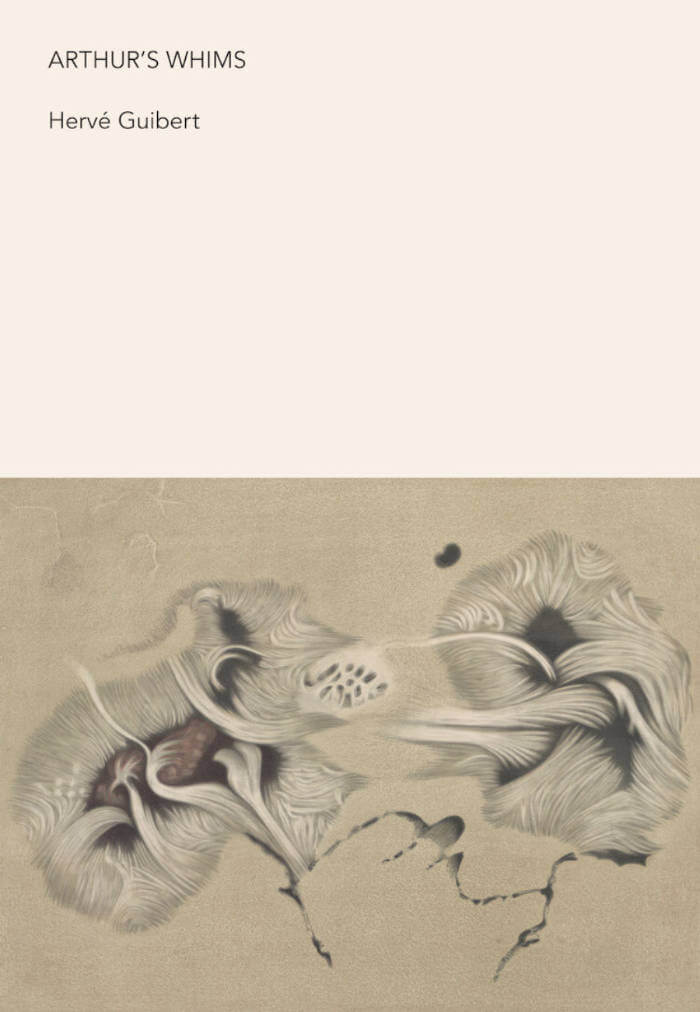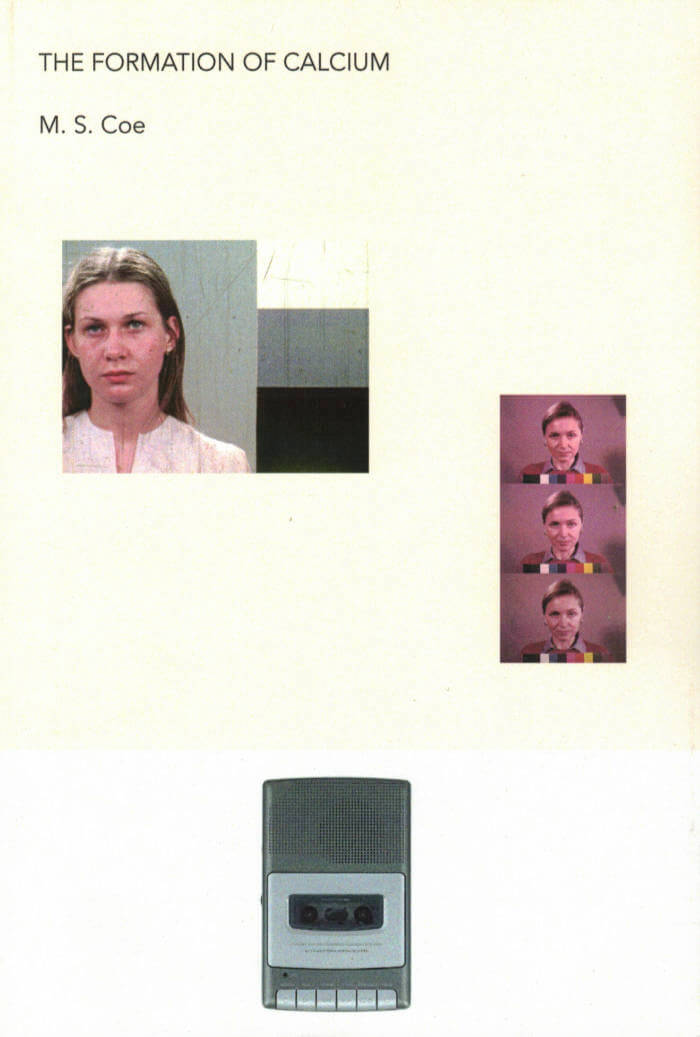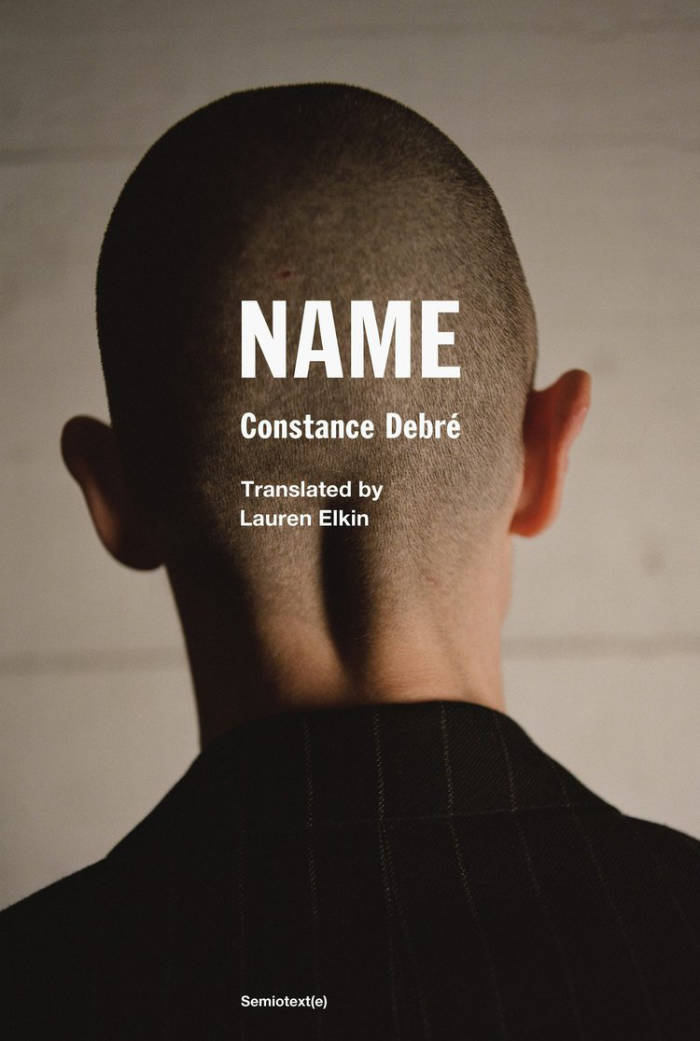
The Cheap-Eaters
Thomas Bernhard , Douglas Robertson trans.
The cheap-eaters have been eating at the Vienna Public Kitchen for years, from Monday to Friday, and true to their name, always the cheapest meals. They become the focus of Koller’s scientific attention when he deviates one day from his usual path through the park, leading him to come upon the cheap-eaters and to realize that they must be the focal piece of his years-long, unwritten study of physiognomy. The narrator, a former school friend of Koller’s, tells of his relationship with Koller in a single unbroken paragraph that is both dizzying and absorbing. In Koller, the narrator observes a “gradually ever-growing and utterly exclusive interest in thought . . . . We can get close to such a person, but if we come into contact with him we will be repelled.” Written in Bernhard’s hyperbolic, darkly comic style, The Cheap-Eaters is a study of the limits of language and thought.
Thomas Bernhard was one of the most important and unique writers of the twentieth century. Born in 1931, Bernhard published numerous novels and autobiographical writings, as well as short stories, plays, and poetry, including The Loser and Extinction. Many of his prose works feature complex narrative structures and obsessive, misanthropic monologues. After years of chronic lung illness, Bernhard died in Austria in 1989.
Douglas Robertson is a translator based in Baltimore, Maryland. He studied British and American Literature at the New College of Florida and Johns Hopkins University. He has translated works from German into English by authors including E. T. A. Hoffmann, Hugo von Hofmannsthal, Christian Morgenstern, Novalis, and Ludwig Tieck, and he has studied Thomas Bernhard’s work for over ten years. The Cheap-Eaters is his first book-length published translation.







